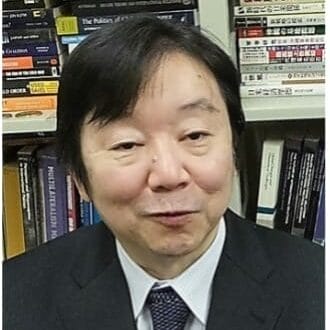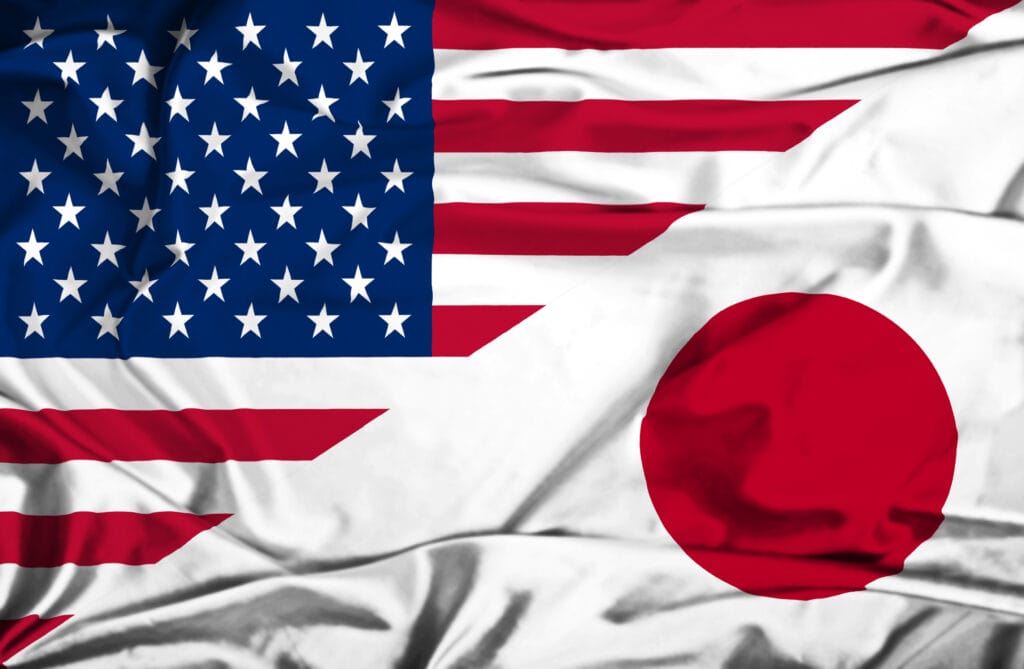On Thursday, January 25th, the Asia Policy Program and the Sasakawa Peace Foundation USA hosted a panel event on the US-Japan Alliance. Attendees heard from experts on the progress of US-Japan alliance modernization initiatives, the view from Tokyo and Washington, and what we should look for in upcoming elections throughout the region. The Asia Policy Program is a joint effort of the Clements Center for National Security and the Strauss Center for International Security and Law.
Taiwan’s January presidential election is an important milestone in an evolving geopolitical shift in East Asia characterized by a growing Chinese regional military advantage, increased Chinese military and economic coercion vis-à-vis Taiwan and other neighbors, and simmering confrontation between China and the United States who see each other as primary strategic competitors. US strategy leans heavily on allies in East Asia, particularly Japan, through initiatives that aim to bolster allied military cooperation and coordinate economic security policies related to supply chains, export controls, and other measures that are important to a vibrant and international technology hub like Austin, TX. How should we assess the progress of this US-Japan alliance modernization initiative, how is it viewed in Washington, Texas, and Tokyo, and what should we look for in 2024 given the Taiwan election results and later elections in the US and Japan? Our panel will feature experts on these issues to provide their views and engage in discussion with the audience.
You can view photos from the event here.

James L. Schoff is senior director of the “US-Japan NEXT Alliance Initiative” at Sasakawa Peace Foundation USA (based in Washington, DC). The Initiative, launched in 2021, mixes bilateral dialogue, research, and public-private engagement to help improve the alliance and how it serves shared interests, preparing it for new challenges in an increasingly complex and fluid geostrategic environment. Previously, Schoff was a senior fellow and director of the Japan Program at the Carnegie Endowment for International Peace for nine years, following two years as senior adviser for East Asia policy at the U.S. Office of the Secretary of Defense. Schoff’s career spans thirty-five years working in the fields of business, education, government, and the non-profit sector, all related to Japan, East Asia, and the US-Japan alliance. His publications include “Modernizing US-Japan Command & Control Relationships for New Challenges” (Sasakawa USA, May 2023), “China and the New Role for Economic Security in the US-Japan Alliance” (Sasakawa Peace Foundation, April 2022), “US-Japan Technology Policy Coordination: Balancing Technonationalism with a Globalized World” (Carnegie, 2020), and Uncommon Alliance for the Common Good: The United States and Japan after the Cold War (Carnegie, 2017).

Matake Kamiya is currently professor of international relations at the National Defense Academy of Japan. Starting from January 2024, he will serve as president of the Japan Association for International Security. He is also vice president at the Japan Forum on International Relations, adjunct research fellow at the Japan Institute of International Affairs and member of the research committee of the Research Institute for Peace and Security. He served as Distinguished Research Fellow at the Centre for Strategic Studies: New Zealand, during 1994-1995, as a member of the editorial board of Australian Journal of International Affairs from 1997 to 2000, and as editor-in-chief of Discuss Japan – Japan Foreign Policy Forum from 2013 to 2016. His current research interests include the U.S.-Japan alliance, future of the liberal rules-based international order, Japanese foreign and security policies, the Indo-Pacific security, and nuclear issues including Japan’s (non-)nuclear policy. He has been serving as the leader of the Japan-U.S. joint research project on “China Risk and China Opportunity” since 2017.



